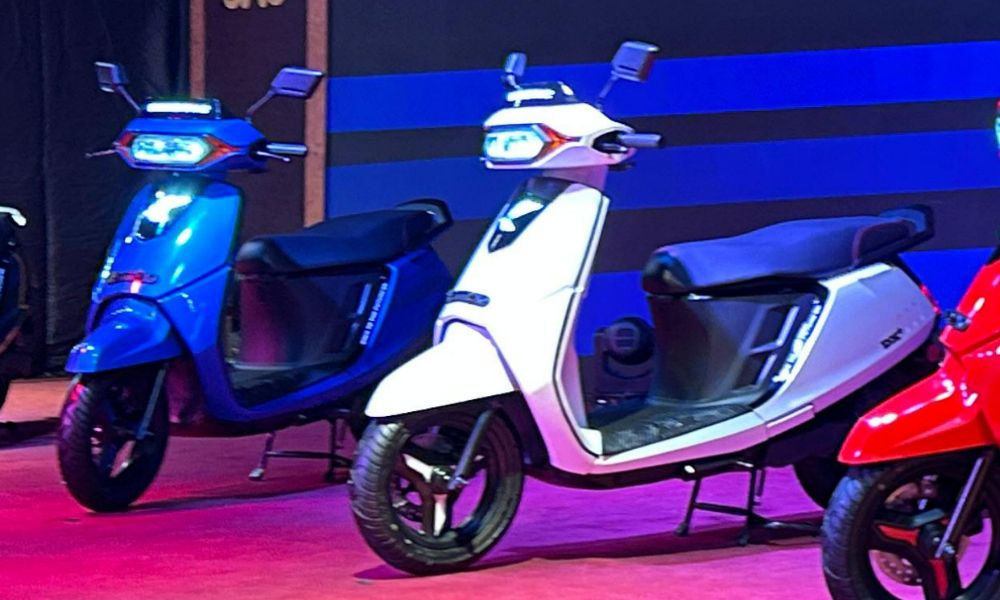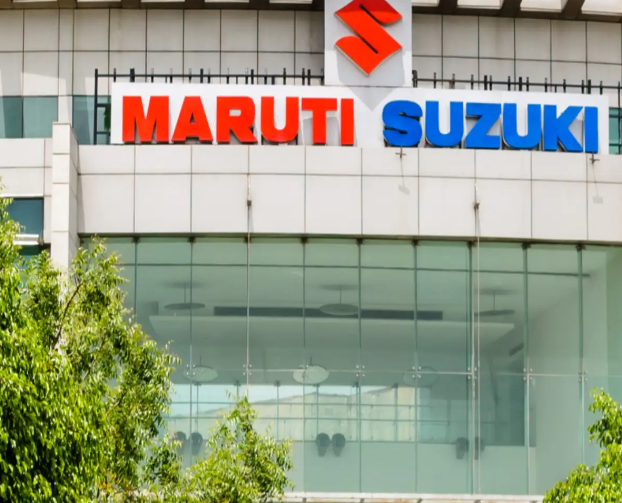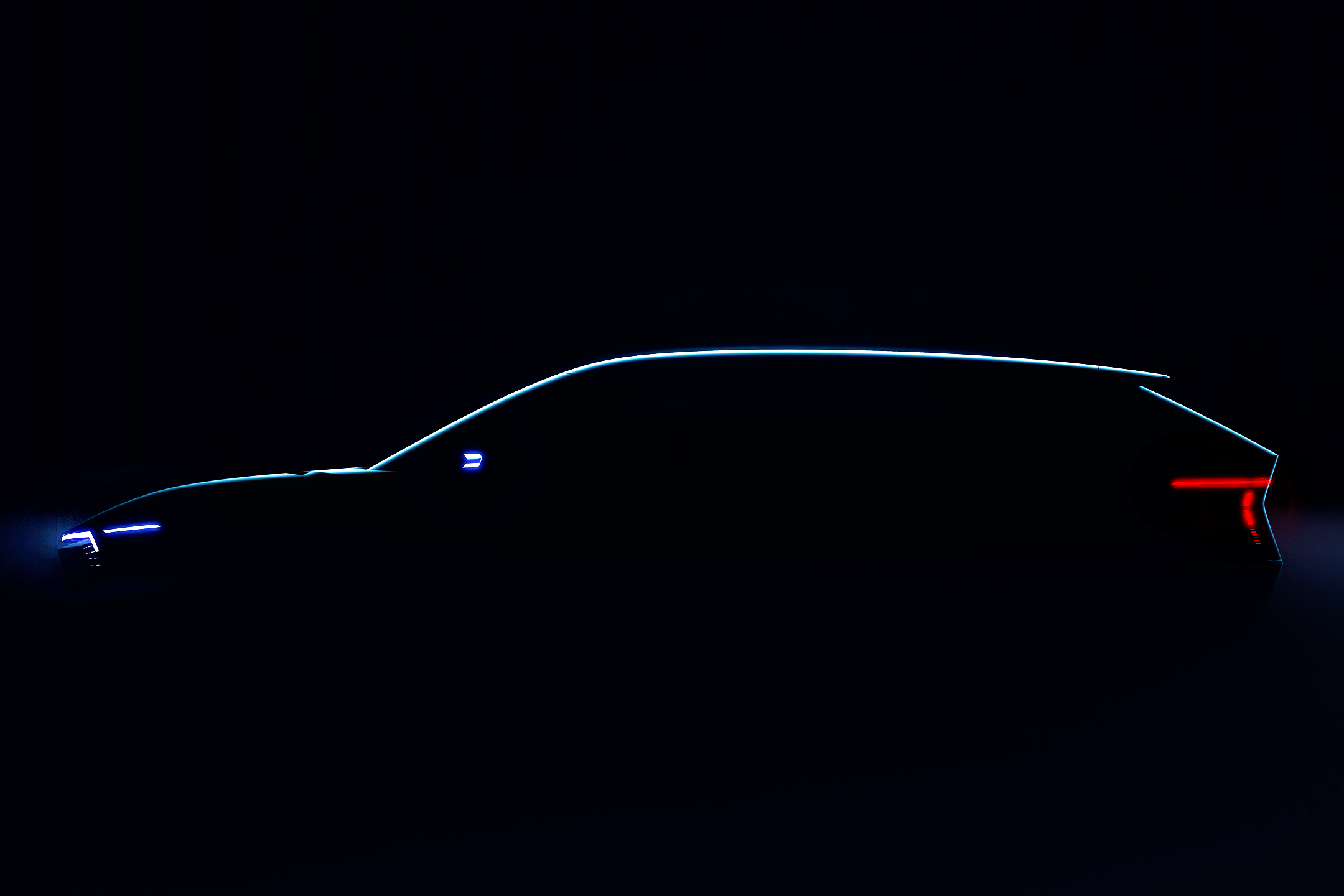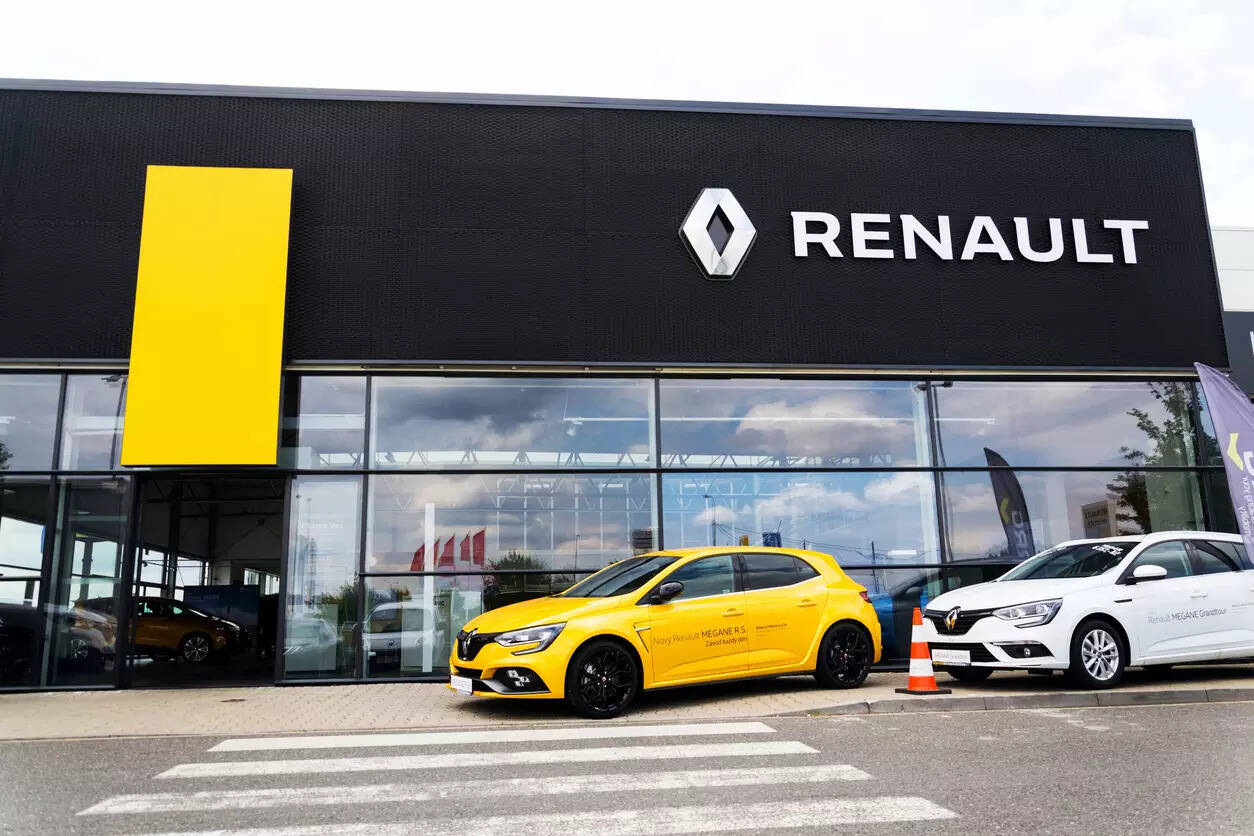 Renault retained a high liquidity reserve of €15.8 billion and an automotive net cash position of €5.9 billion as of June 30.
Renault retained a high liquidity reserve of €15.8 billion and an automotive net cash position of €5.9 billion as of June 30. Renault Group posted a 2.5 per cent year-on-year increase in its revenue for the first half of this year at €27.6 billion. According to the company’s statement, automotive revenue stood at €24.5 billion, rising 0.5 per cent, backed by new launches such as the Bigster, Duster, and Renault 5.
The Group’s operating margin came in at €1.65 billion, representing 6 per cent of total revenue. However, net income plummeted to -€11.1 billion due to a €9.3 billion non-cash loss tied to the revaluation of its Nissan stake.
Excluding the Nissan effect, the Group posted a net income of €461 million, demonstrating robust underlying fundamentals. CEO François Provostwho recently took charge, acknowledged that H1 results were below expectations but reaffirmed the company’s focus on cost control, efficient capital allocation, and strengthening its European orderbook. “Our strategy is clear—deliver value over volume and accelerate transformation in a disruptive market,” said Provost, pointing to strong customer demand and an agile portfolio across combustion, hybrid, and electric segments.
Renault retained a high liquidity reserve of €15.8 billion and an automotive net cash position of €5.9 billion as of June 30. With improved cost discipline and a ramp-up in sales, the company expects to deliver a stronger second half and has maintained its full-year guidance of a 6.5 per cent operating margin and €1–1.5 billion in free cash flow.
In Europe, the Renault brand ranked second in passenger and light commercial vehicles, while Dacia’s Sandero and Duster models remained retail bestsellers. Alpine, the Group’s performance brand, also saw sales soar by 85 per cent, the statement added.









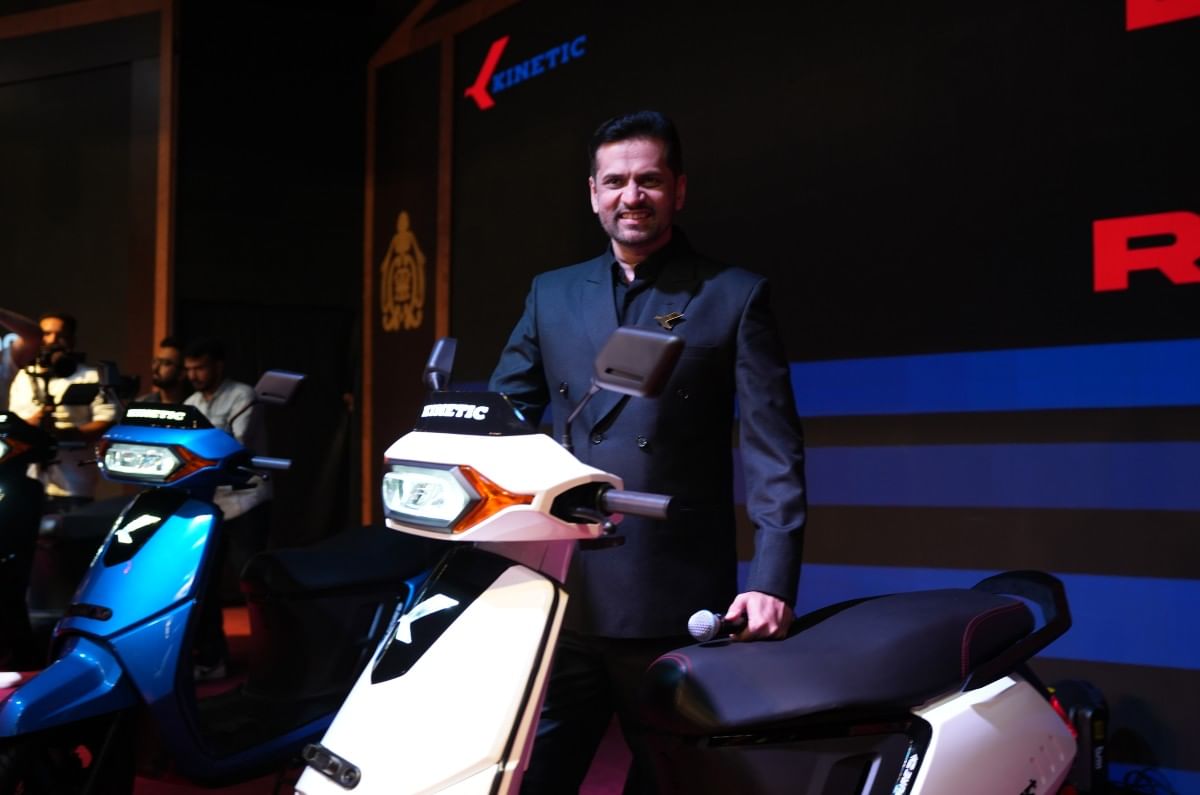
.jpg?w=700&c=0)
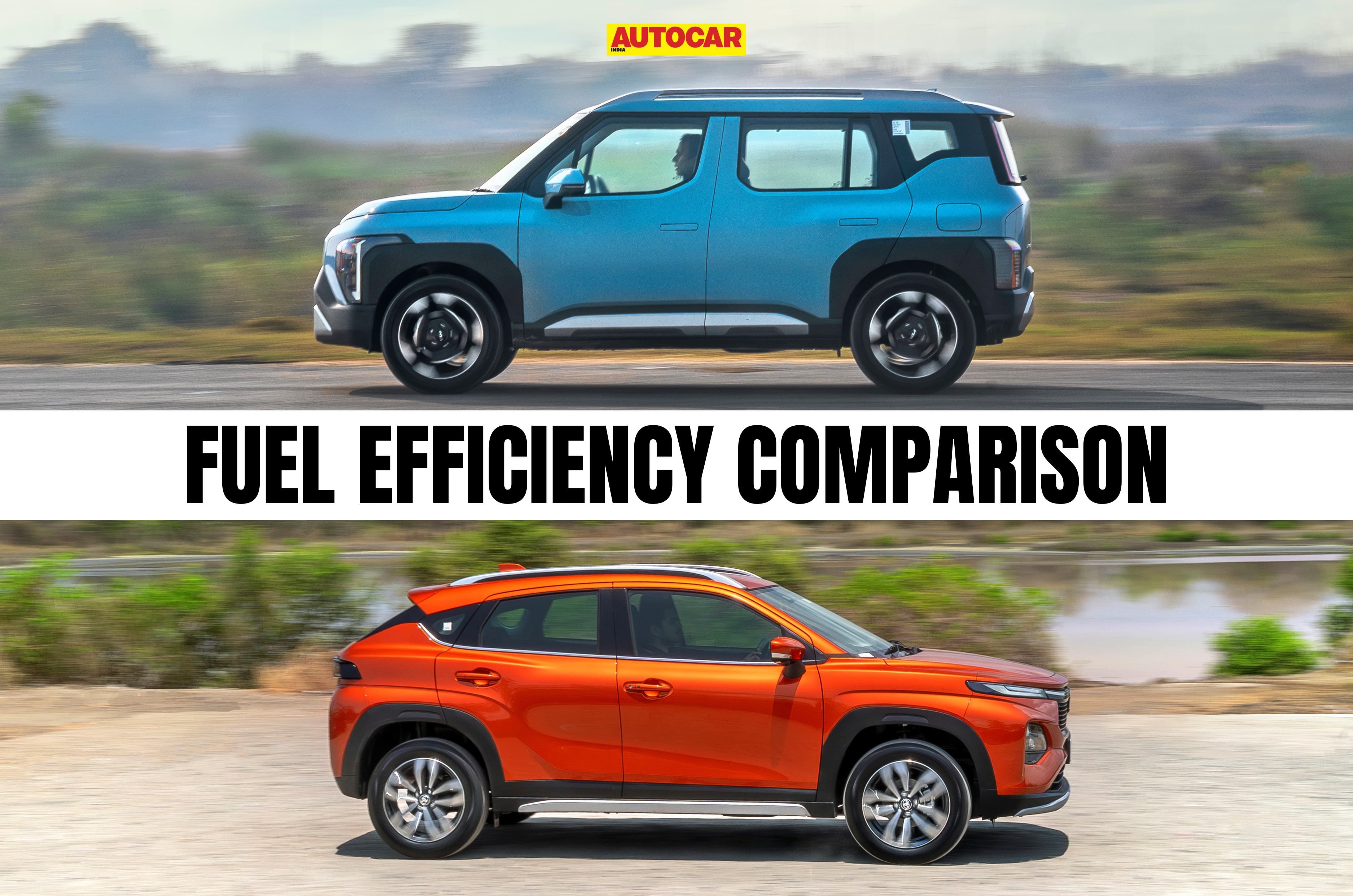

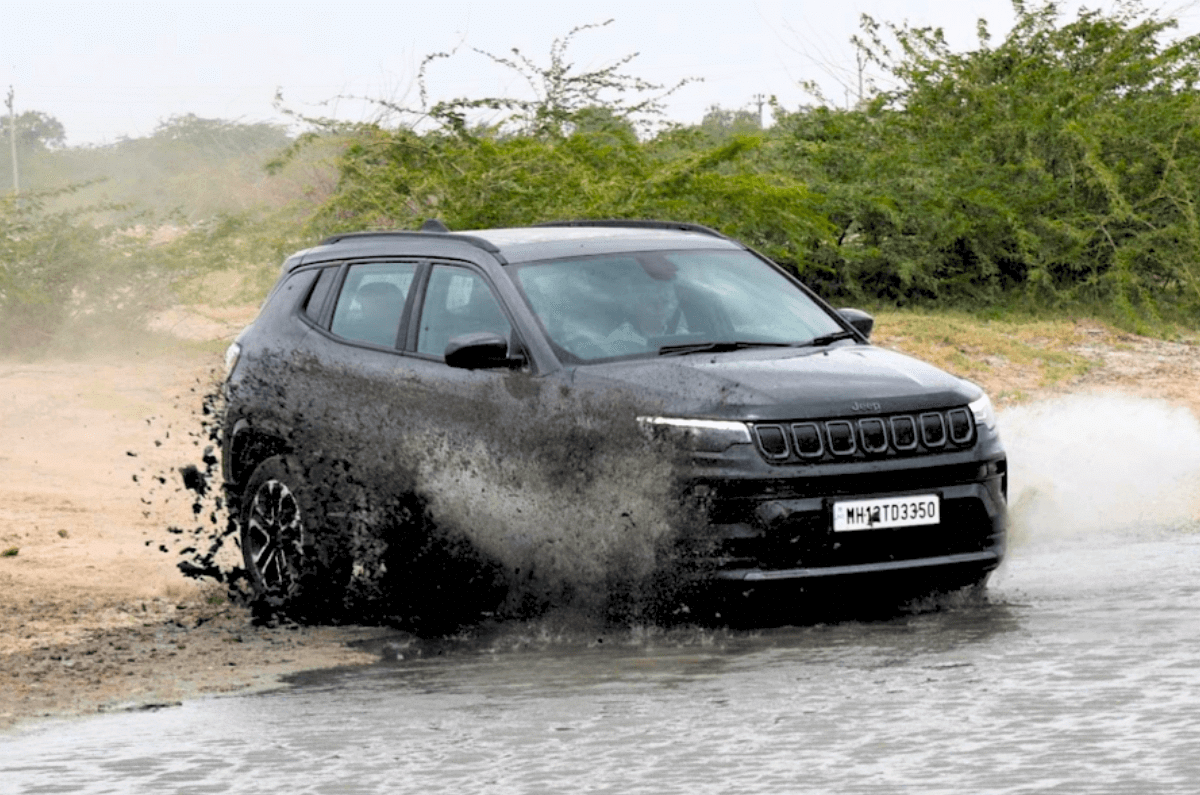
.png?w=700&c=0)
